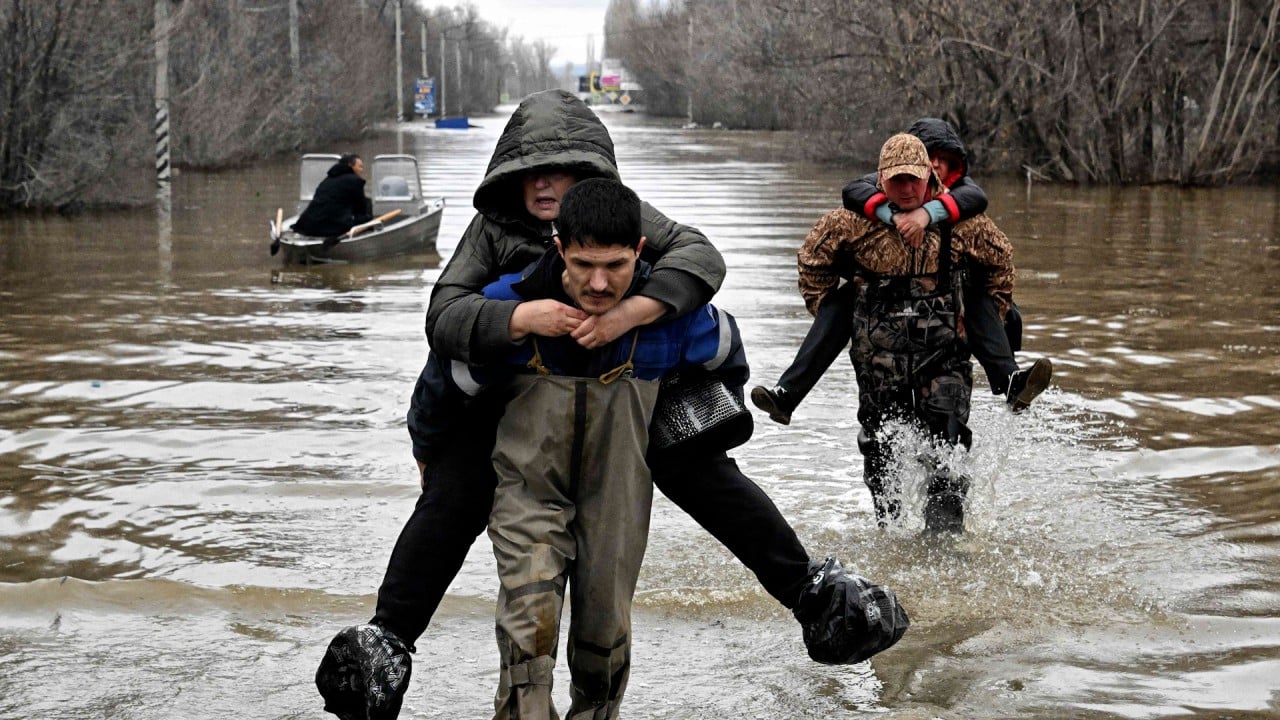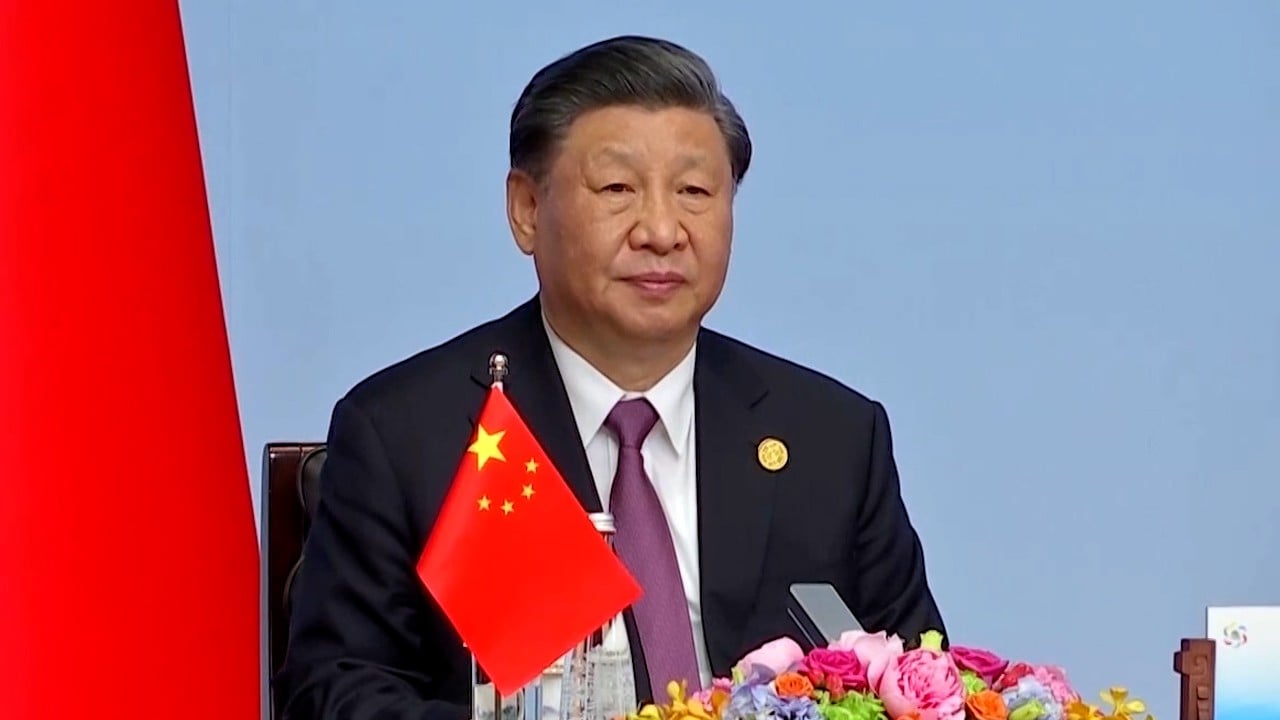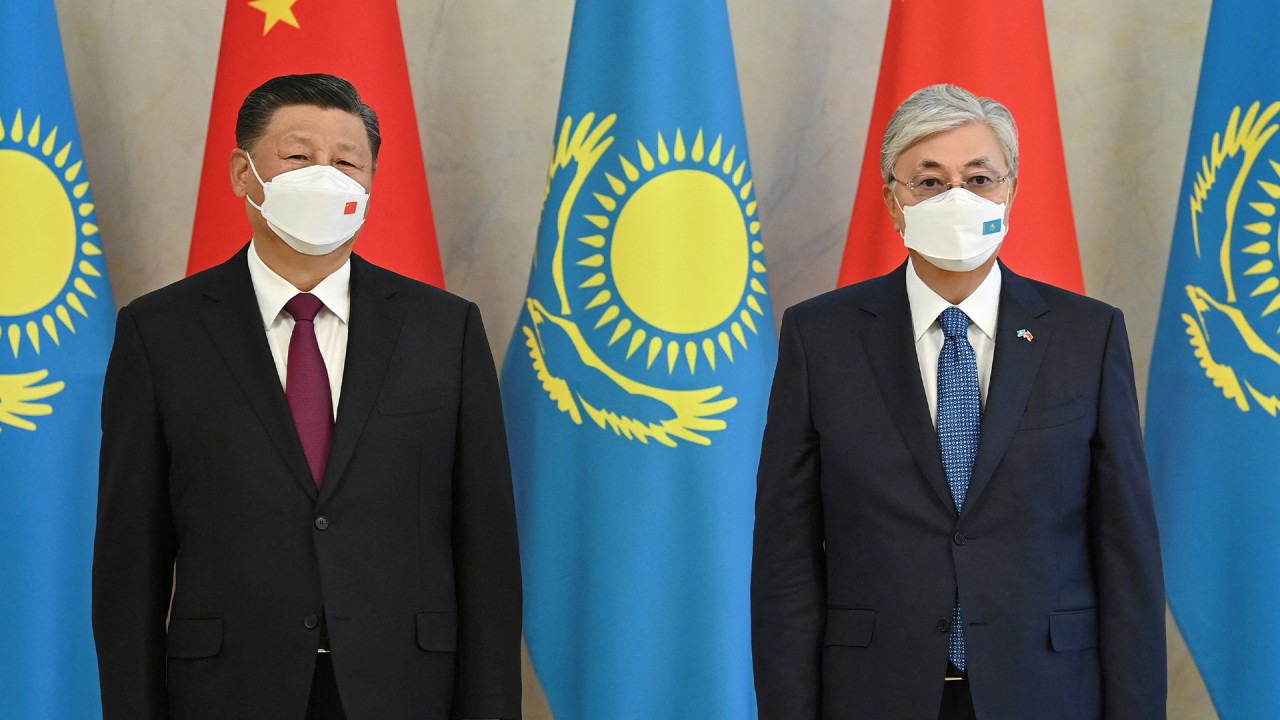China highlights extremism threat, pledges deeper military ties with Kazakhstan
Since 2021, when the Taliban returned to power in Kabul, Beijing has repeatedly warned against a revival of terrorist forces in the region. In a 2023 position paper on the Afghanistan situation, China warned that the “three forces” still posed a “major security threat to the region and the world”.
During their meeting, Dong and Tokayev agreed to strengthen “strategic coordination”, according to a defence ministry statement.
“The Chinese military is willing to continue to expand areas of cooperation with Kazakhstan and promote the in-depth development of relations between the two militaries,” Dong said.
According to Kazakh state news agency Kazinform, Jaqsylyqov said the ministries “have the possibility to hold joint drills as well as the potential to train personnel [and] expand ties in the field of culture and sport”.
Dong will return to China on Friday, after the SCO meetings wrap up with his counterparts from fellow members India, Pakistan, and other Central Asian states like Kyrgyzstan.
Beijing regards stability in the landlocked, resource-rich states in Central Asia as key to China’s energy supply chain and trade flows and has regularly referred to the “three forces” in relation to the region and unrest in Xinjiang in far western China.
In recent years, Beijing has improved its security and economic cooperation with Astana, describing the two countries’ ties as a “permanent comprehensive strategic partnership”.
When violent anti-government unrest spread across Kazakhstan in January 2022, China slammed the protests as driven by “external forces” and pledged to deepen its law enforcement cooperation with Astana.
Chinese Foreign Minister Wang Yi described the unrest as terrorism and, after a phone call with his Kazakh counterpart, said the two countries had agreed to work together to fight the “three forces”.
President Xi Jinping visited Kazakhstan eight months after the unrest, on his first trip outside China since the pandemic, and secured a joint statement calling for mutual support on issues of sovereignty, national security, and territorial integrity.
China has been stepping up its energy trade with Kazakhstan in recent years, as it increasingly looks to Central Asia for diversified sources of oil and gas.
Last year, the two countries started work on a third rail link as transit container traffic increased. The railway is scheduled to be operational by 2027 and will connect the eastern city of Ayagoz to the town of Bakhty on the border with northeast China.


